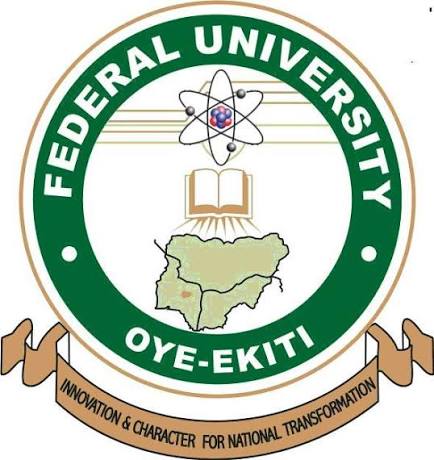On Trump’s tough talk and Tinubu’s tarry tact …..By John Adenekan


The specter of military action, recently raised by President Donald Trump and echoed in parts of the U.S. government, over alleged Christian genocide in Nigeria has plunged Africa’s largest democracy into the vortex of global scrutiny. Trump’s rhetoric, couched in a moral crusader tone, resonates with his evangelical base and plays into deep seated American concerns about religious freedom. Yet, it also rekindles painful Nigerian fears of external overreach cloaked in humanitarian language. The accusation itself is chilling and politically charged.
President Bola Ahmed Tinubu’s calculated calm, otherwise tagged his tarry tact, signals a deliberate, non-reactive diplomatic stance. Rather than engaging in tit-for-tat bombast, Abuja is wisely weighing the geopolitical stakes: the delicate Christian-Muslim balance at home; its strategic partnerships abroad; and the optics of responding to a populist figure still seeking political relevance. The government’s insistence that Nigeria faces terrorism, not religious genocide, and its preference for engagement over confrontation is the correct posture.
However, international actors, including the EU, African Union, and powerful faith based NGOs, are hardening their positions. If the narrative of persecution is allowed to crystallise without Nigeria’s proactive counter diplomacy, Abuja risks being trapped between Western evangelical activism and rival geopolitical suitors eager to exploit the tension; from Moscow seeking influence, to Beijing guarding resource interests, or ECOWAS anxious about regional stability. The stakes are immense; Nigeria cannot afford to be cast as a pariah state in the emerging multipolar order.
To effectively defuse this imbroglio, Nigeria must move beyond diplomatic rhetoric and swiftly implement specific, practical actions locally to douse tension, heal fractures, and reaffirm its sovereignty through credible action.
There is an urgent need to immediately form non-partisan, state level judicial panels in the most affected regions (e.g., Plateau, Kaduna, Benue) to investigate attacks, identify perpetrators, and recommend immediate compensation and restitution for victims. These panels must ensure equal representation from both Christian and Muslim communities, signaling a sincere commitment to justice over denial. Warning: the current efforts must not go the way of similar panels which did not bear any lasting fruit.
The institution of high level, interfaith and intercommunal reconciliation summits in conflict prone areas has become urgent and pertinent. These should be led by a high-ranking government functionary or respected non-political elders, focusing not just on faith but also on core issues like resource sharing and genuine community security architecture.
Efforts should be geared towards enhancing security transparency and accountability. Publishing a quarterly public report detailing security forces deployed to flashpoints, arrests made, and progress on prosecuting terror suspects would be a soothing confidence builder. Crucially, this must include civilian monitoring mechanisms to build trust and counter the narrative of state inaction or bias in the security response.
Nigeria must seize the narrative, not through bluster, but through clarity, compassion, and the credible action of delivering justice and reconciliation to its people. This swift domestic strategy is the only way to effectively counter foreign pressure and prevent this crisis from igniting a geopolitical wildfire.



